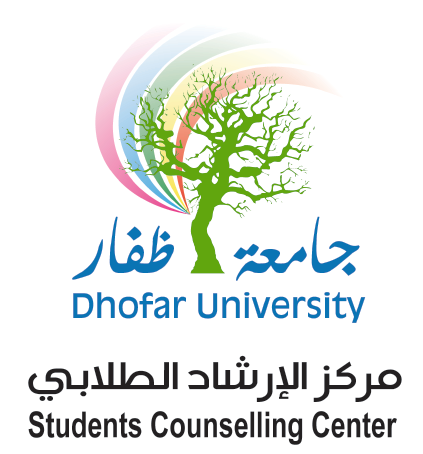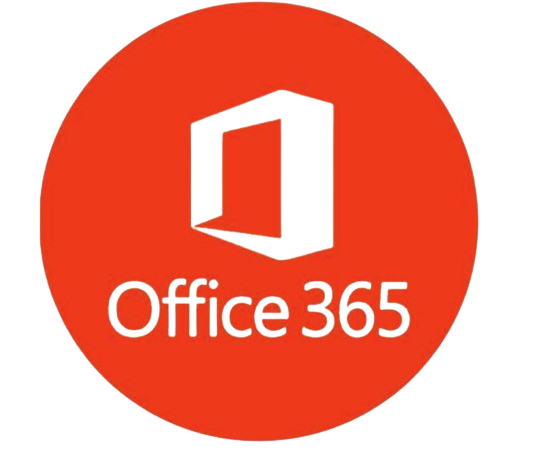
Virtual lecture “How to spend and use summer vacation”
As part of the continuation of the activities of the Students Counselling Center, the presentation of lectures, training programs, workshops and mentoring seminars for various members of the University of Dhofar, the Center held a virtual lecture through the Zoom program for students of the University on how to spend and exploit the summer vacation. The lecture was presented by Prof. Nasser Said Abdelrasheed, Professor of Psychological Counselling and Director of the Student Counselling Center.
The lecture began with a detailed explanation of the concept of summer vacation and its importance and how it can be usefully invested and exploited positively.
The most important ideas for the summer vacation were therefore addressed, including the development of a plan in which the individual’s preferred activities during the summer holidays are defined and how he or she takes the leave. Reading and reading; in particular books and scientific journals; Reading is one of the most important activities that combines pleasure and benefit. Follow-up of educational programs shown on satellite channels, or on the Internet. Attention to the follow-up of seminars and cultural activities.
Regular exercise, which in turn contributes to the process of mental liquidation and the elimination of all psychological stresses and negative shipments passed through the student during the academic year, reflecting positively on the overall mental health of students. Participate in recreational trips and visit archaeological areas with parents or friends. Review the previous year’s study subjects and identify their weaknesses. Develop a plan to improve the school level in the summer holidays. Learn new skills that benefit students in their scientific and social life, and organize sleep hours without overstating them; Increasing sleep hours increases the feeling of laziness, wasting time useless. Dialogue with older persons, and try to take advantage of their practical and life experiences and other useful practices that students can gain. At the end of the seminar, participants were thanked, questions were shared and questions were received from participants and answered.








